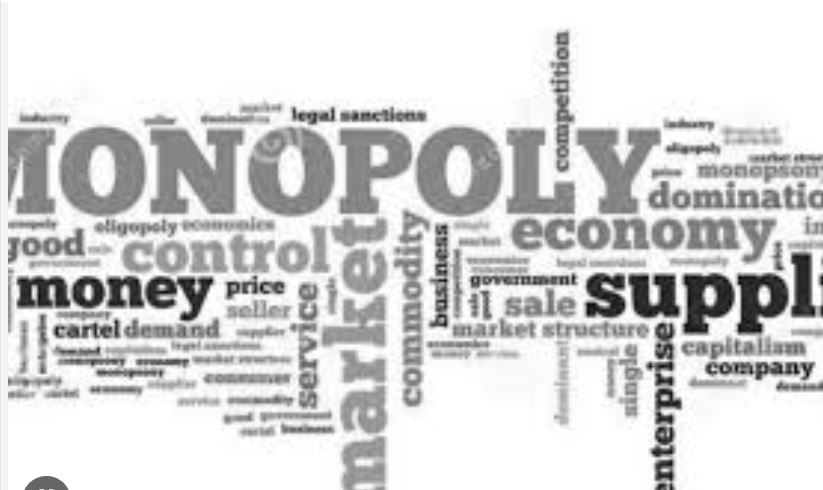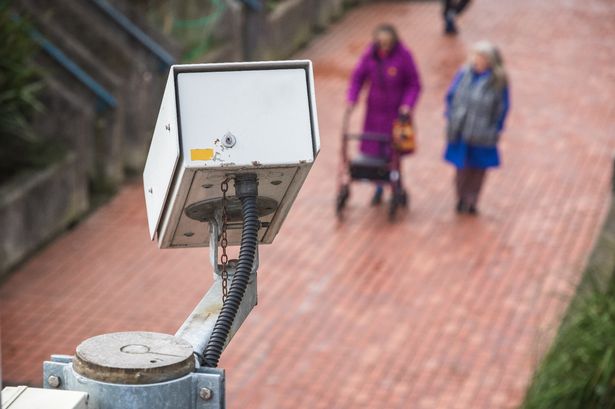
Former Bank of England Governor Lord King destroys the case for CBDCs - see his analysis in the thread below.
So why is the Bank of England still pressing ahead?
#CBDCs #CBDC #Britcoin
So why is the Bank of England still pressing ahead?
#CBDCs #CBDC #Britcoin

"CBDCs are about ways of making payments; they are not a new currency."
"Whether a country needs a CBDC is really about the state of its current payments system," he pointed out in the House of Lords this month..
"Whether a country needs a CBDC is really about the state of its current payments system," he pointed out in the House of Lords this month..
"What are the problems in our payments system to which a CBDC might be the answer? .... There are no problems to which a CBDC is the only, or even the most obvious, answer."
"Our payments system is more efficient than those in most other countries, certainly the United States."
"Our payments system is more efficient than those in most other countries, certainly the United States."
"Most transactions are already digital, whether by tapping a card on a machine at the point of sale or making a digital payment on a computer for remote transactions."
"All of these are operated already by commercial banks and an increasing number of new payment vehicles."
"All of these are operated already by commercial banks and an increasing number of new payment vehicles."

"Competition has moved us from a system based on paper cheques to one driven largely by digital payments with virtually instantaneous clearing."
"It would be somewhat odd to try to increase competition in this area by creating a state monopoly of the payment system"
"It would be somewhat odd to try to increase competition in this area by creating a state monopoly of the payment system"

"Of course, there can always be improvements in our payment systems, but a CBDC is neither a necessary nor a sufficient condition for that.
"The major problem today concerns the cost and speed of cross-border payments, but much of this results from money laundering regulations."
"The major problem today concerns the cost and speed of cross-border payments, but much of this results from money laundering regulations."

"The enormous risk is that, in a financial crisis, households would abruptly shift their deposits from banks to [CBDC] accounts with the Bank of England, forcing the latter immediately to transfer the deposits back to the banks to avoid a collapse of the system." 

"In 2008, when the Bank, with approval from the Government, lent a large amount of money to RBS and HBOS to prevent their collapse, the operations were covert and revealed only some months later to prevent a system-wide loss of confidence" 

"That would be impossible if households could switch without limit instantaneously from all commercial banks to the Bank of England."
"So a retail CBDC has risks but no obvious benefits".
"So a retail CBDC has risks but no obvious benefits".
Lord King, from a position of immense experience, has completely demolished the case for a "Britcoin," British CBDC or "digital pound."
It thus remains quite puzzling why the Government and Bank of England are pressing ahead with such vigour? What are their real motives?
It thus remains quite puzzling why the Government and Bank of England are pressing ahead with such vigour? What are their real motives?

• • •
Missing some Tweet in this thread? You can try to
force a refresh















